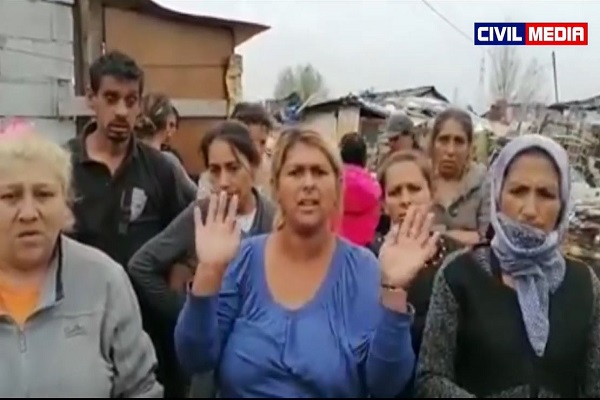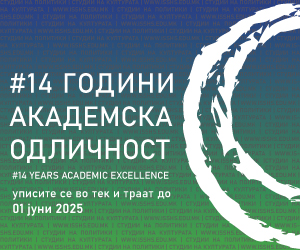About thirty Roma families, of which a dozen minor children, who live in improvised little houses in the Skopje neighbourhood of Madzari, near the Flea (Kvantashki) market, are one of the most affected by the coronavirus crisis. They say that because of the coronavirus, the police don’t allow them to work, that is, collect plastic bottles and cardboard in order for them to be able to feed themselves. They have been left as they say “at the mercy of the state” and add that so far they haven’t received any help from the Red Cross.
“People suffer for bread here, they can’t even go to the bins to collect food, because if the police catch them they will be taken to prison for a year”, says one of the residents of that neighbourhood.
“On the one hand, we are afraid of catching the coronavirus, we have no medicine, no masks, no one gives us gloves. We have no assistance, and we don’t even receive social assistance. If it weren’t for the bins, we wouldn’t have where to eat from, and now they have forbidden us from doing this as well”, says a resident from this neighbourhood.
“The police beats us and chases us away while we sort through the bins, they say ‘go home, there’s a coronavirus’, and if we stay home, what will we eat? Where will we get food and drinks from?”, stressed another resident.
“They say stay at home and maintain hygiene in order to prevent the spread of the coronavirus, but how can we and our children not catch the coronavirus when we have no personal hygiene products, we have no soap and water… While we are collecting food from the bins, we touch all sorts of used masks and gloves that citizens throw away. We are also afraid of catching the coronavirus, because we touch all kinds of things…”, add the residents.
Some of the residents say that they go to the Flea market and collect vegetables and fruit that green marketers throw away. But now they are being chased away from there too, they say that marketers at the stands are afraid of catching the coronavirus from them.
The videos were sent to us by Kantur Irfan, who lives abroad and who adds that in this health crisis socially vulnerable citizens are most affected, primarily the Roma, and that the Roma politicians in cooperation with the state institutions should engage more in helping those citizens, and not just visit them when they need votes.
Dehran Muratov
Editing: Arian Mehmeti
Translation: N. Cvetkovska
This post is also available in: Macedonian





